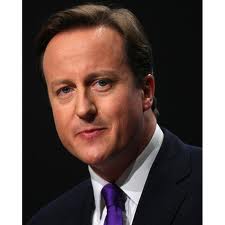London, May 5: British voters showed their anger against the government's failure to revive the economy in local elections that saw PM David Cameron's Conservatives outflanked on the left by Labour and on the right by anti-European fringe party UKIP.
After the latest round of elections on Thursday, local councils in UK have about 200-250 councillors of Indian origin. Jagjit Garewal, president of the British Indian Councillors' Association (BICA) and a councillor from Slough, near London said, "My impression is we (Indian origin councillors) have made gains. Confirmation of this will soon be available."
BICA secretary Raju Sansarpuri said, "Given the Labour Party's success, there could be 50 more councillors of Indian origin." The BICA was formed in the 1990s at the initiative of the then high commissioner L M Singhvi.
One of the most prominent Indian victories emerged in the London assembly with Onkar Sahota of Labour upsetting Conservatives in the capital's western constituency of Ealing and Hillingdon.
As results began coming in, opposition Labour party recorded gains in over 700 seats in England and Wales, capturing 30 councils in what was a disastrous outcome for the ruling Conservatives. Labour leader Ed Miliband said his party was "back throughout the country on your side".
Cameron, ministers face ethics probe over phone hacking
British PM David Cameron and seven of his top ministers, including Culture secretary Jeremy Hunt, will depose before the Leveson Inquiry into the culture, ethics and practices of the UK media. The inquiry on Friday granted "core participant" status to Cameron and seven of his top ministers, including Hunt, who has been in the news for alleged proximity to Rupert Murdoch's News International. In the next weeks, the inquiry will go into the relationship between the news media and politicians, which is alleged to have been too close for several decades in Britain. The inquiry was set up in the wake of the phone-hacking inquiry at the News of the World.

PM David Cameron's





Comments
Add new comment